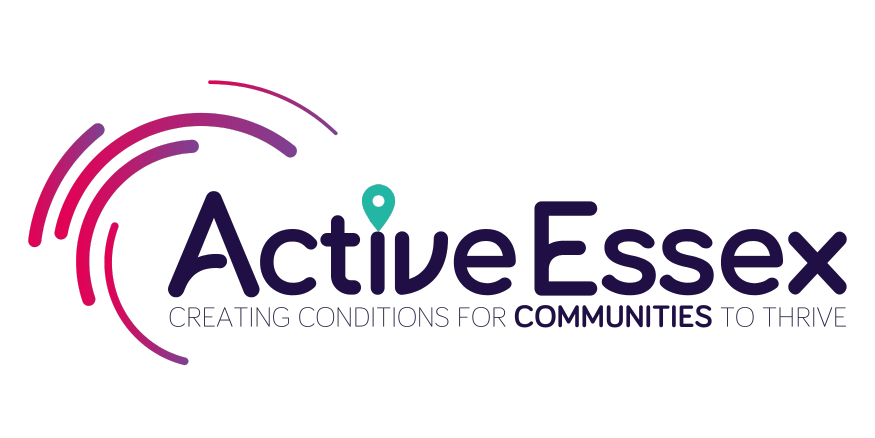Stress, Burnout, Anxiety and Depression: How they impact on the mental health and wellbeing of teachers and on learner outcomes
Posted on: October 25, 2021
Good mental health and wellbeing of teachers is important for them as individuals, for the profession and for the students they teach. 1 It is therefore concerning when the United Kingdom’s Health and Safety Executive (2018),2 reported that teachers, compared with other professions, have some of the highest rates of work-related stress, depression and anxiety in Britain.3 Moreover, the impact of stress for teachers as individuals and for the profession more widely is less understood.
To better inform this understanding, Education Support, commissioned CooperGibson Research to explore the evidence base for the impact that stress, burnout, depression and anxiety has on the mental health and wellbeing of the teaching profession. The main aim of this review was to explore the evidence base on the impact of stress, depression and anxiety on the mental health and wellbeing of the teaching profession.
Specifically, it considered:
Stress and burnout4 : evidence of the impact for teachers’ mental health and wellbeing at the individual level (Research question 1)
Anxiety and/or depression: evidence of the impact for teachers’ mental health and wellbeing at the individual level (Research question 2)
Stress, burnout4, anxiety and/or depression: evidence of the impact for teachers’ ability to carry out their role at school (Research question 3)
Stress, burnout4, anxiety and/or depression: evidence of the impact for teachers’ experience of stress, anxiety and/or depression on learner outcomes (Research question 4).
It is recognised that anxiety and depression are diagnosable disorders, and it is also recognised that a relationship exists between stress, burnout, anxiety and depression. The review takes this into account, while presenting an overview of the different ways in which research studies have investigated the impact of stress, burnout, anxiety and depression. The review also presents the implications of the findings for our understanding of the field and future research.



Leave a Reply
You must be logged in to post a comment.